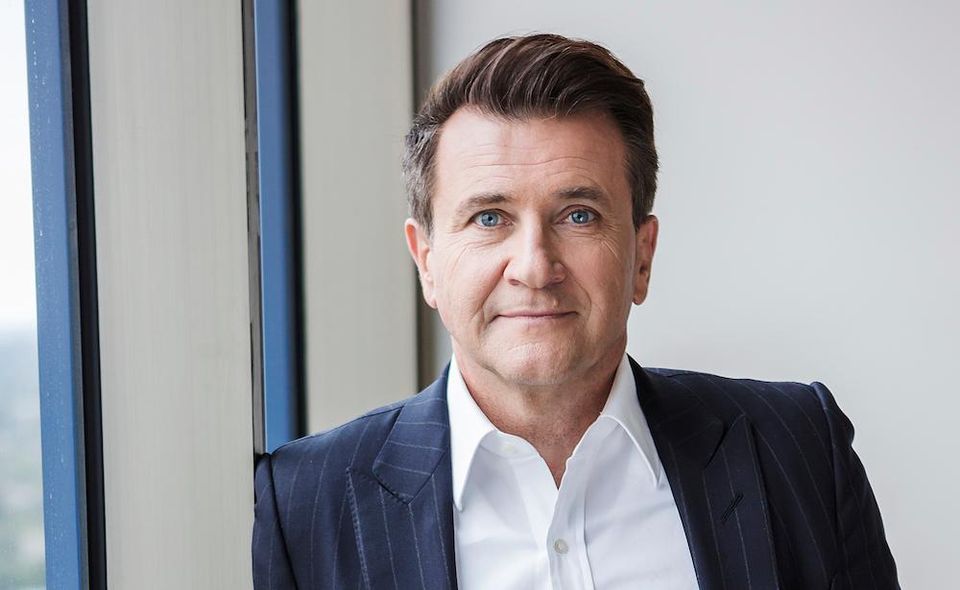In his day job, entrepreneur and investor Robert Herjavec works hard to prevent security breaches. At least when he’s not investing in ugly sweaters, hand-held breathometers, or books that turn into lights on ABC’s hit entrepreneurship and investment show, Shark Tank.
But he does have some sympathy for the devil.
Herjavec, whose Herjavec Group manages cybersecurity for some of the biggest corporations on the planet, will be speaking at the upcoming Canadian Cloud Council conference Control in May. (Edward Snowden will as well, and I’ll be interviewing Snowden on-stage.)
“There was a series of information that the government wanted to control that wasn’t good for the general populace … that’s the basis of a free society, whether it’s comfortable or uncomfortable,” Herjavec told me by phone. “On the downside, you’ve got to weigh that against threats … there are certain levels of information that do need government control.”
Control is an increasing challenge in an era of what I call “smart matter.”
We’re putting radios, chips, sensors, and in many cases motors/actuators in everything from toilets to heaters to taps. That’s resulting in an explosion in ambient intelligence — increasingly invisible, omnipresent computing power — that at one and the same time enhances abilities, increases surveillance possibilities and also increases the security footprint — AKA, scale of potential hacking — for individuals, corporations, and governments.
“This whole idea of ambient computing becomes part of the daily tapestry of our daily lives
… in homes, cars, malls,” says Herjavec. “We see this going into the large-scale enterprise to monitor environments, create logs, and enhance security.”


Recent Comments